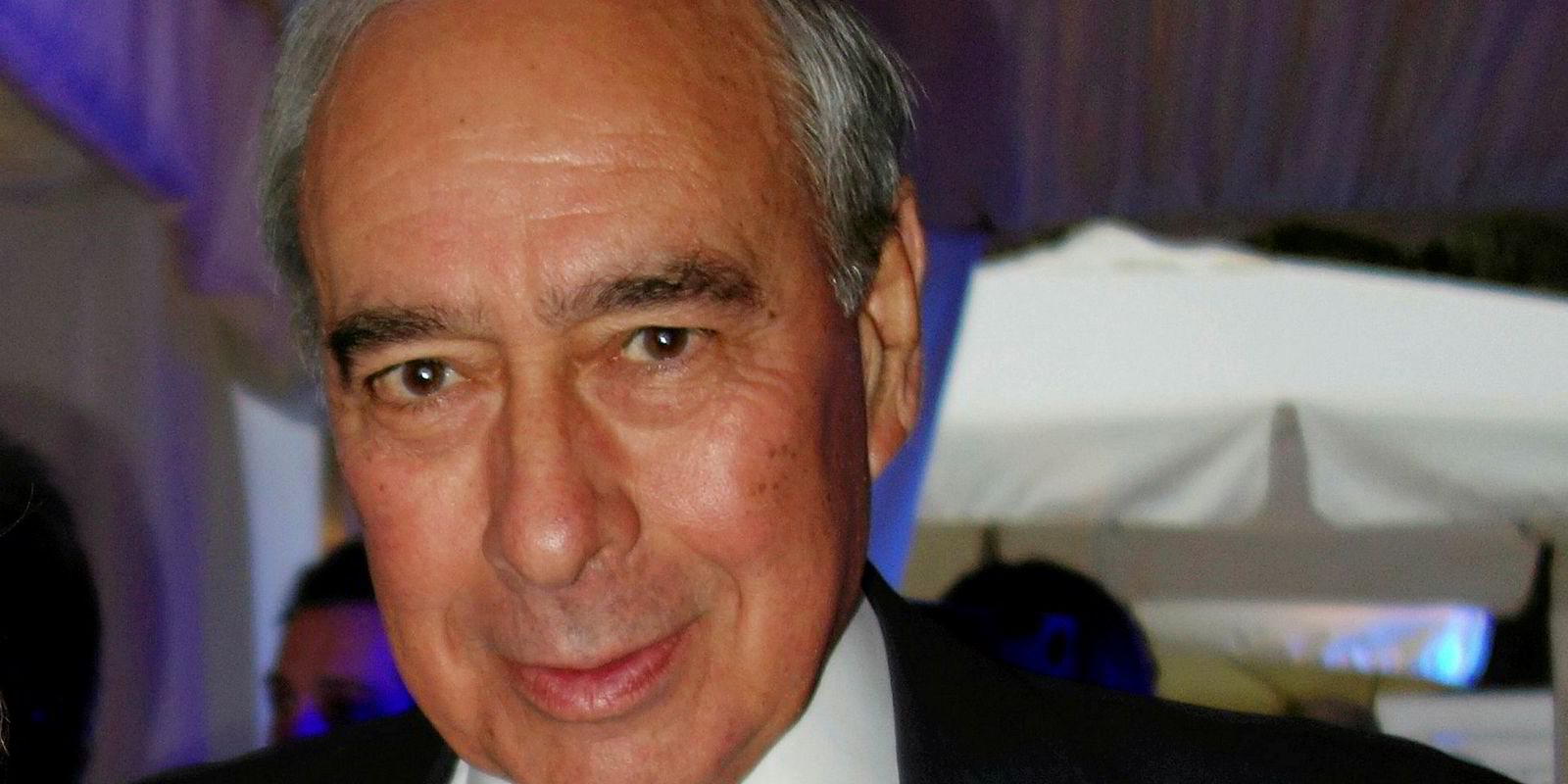Lawyers for Diana Containerships are not mincing words when it comes to their call for a New York court to dismiss a shareholder lawsuit over dealings with Kalani Investments.
“Absurd” and “silly” are just two of the words hurled at the plaintiffs as defendants argue that claims of securities fraud are baseless.
“Plaintiffs’ case suffers from another glaring deficiency: It makes no sense,” write Diana lawyers from the New York law firm Fried, Frank, Harris, Shriver & Jacobson.
“Plaintiffs offer no explanation (because there is none) for why the Diana defendants would have engaged in a scheme to decimate the value of Diana — a company they founded, ran and were heavily invested in — just to allow an unaffiliated third party (Kalani) to profit from the destruction of Diana’s value.”
Smallest proceeds
Diana, along with DryShips and Top Ships, is one of three Greek owners known to have contracted with Kalani and has subsequently been sued, but it appears to have had the smallest proceeds from its relationship with the investment company.
While Diana executives signed a March 2017 pact for up to $150m in proceeds, the only transactions between 7 July and 14 July that year yielded a mere $141,000, in contrast to the $700m taken in by DryShips from its own agreements with Kalani.
Nobody who founds and runs a company worth $44m — in which he has a substantial equity interest — turns around and decimates that very company in order to allow an affiliateto sell stock more than a year later for a mere $141,000
Diana Containership lawyers
Yet Diana and executives Simeon Palios, Andreas Michalopoulos and Anastasios Margaronis still find themselves in court, and appear none too happy to be there.
“The notion that the Diana defendants embarked on an alleged scheme in June 2016 designed to decimate shareholder value and put Diana into a ‘death spiral’ in order to permit [affiliate] DSI to obtain $141,000 in stock sale proceeds a full 13 months later in July 2017 is preposterous,” says the dismissal motion.
“Nobody who founds and runs a company worth $44m — in which he has a substantial equity interest — turns around and decimates that very company in order to allow an affiliate (DSI) to sell stock more than a year later for a mere $141,000 in sales proceeds.”
Diana had its problems, the company concedes, but they were caused by a dire market for its vessels that saw losses mount and the share price steadily decline over the period in 2016 and 2017, defendants add.
Diana conducted repeated reverse-shares splits.
But rather than being part of a purported scheme with Kalani, they were aimed at pushing the owner’s share price above $1 so that it would not be delisted from the Nasdaq exchange, the brief indicates.
‘Bad news’
When Diana did sign an agreement with Kalani in March 2017, investors read it as bad news, the company says.
“Diana stock immediately fell 28% on the first day of trading following Diana’s announcement of the transaction. The losses did not result from manipulation or misstatements and omissions, but rather from the exact opposite: the disclosure of adverse events,” the brief states.
As is the case with shareholder litigation aimed at DryShips, a federal judge in the Eastern District of New York has not yet ruled on the company’s motion to dismiss the case.





